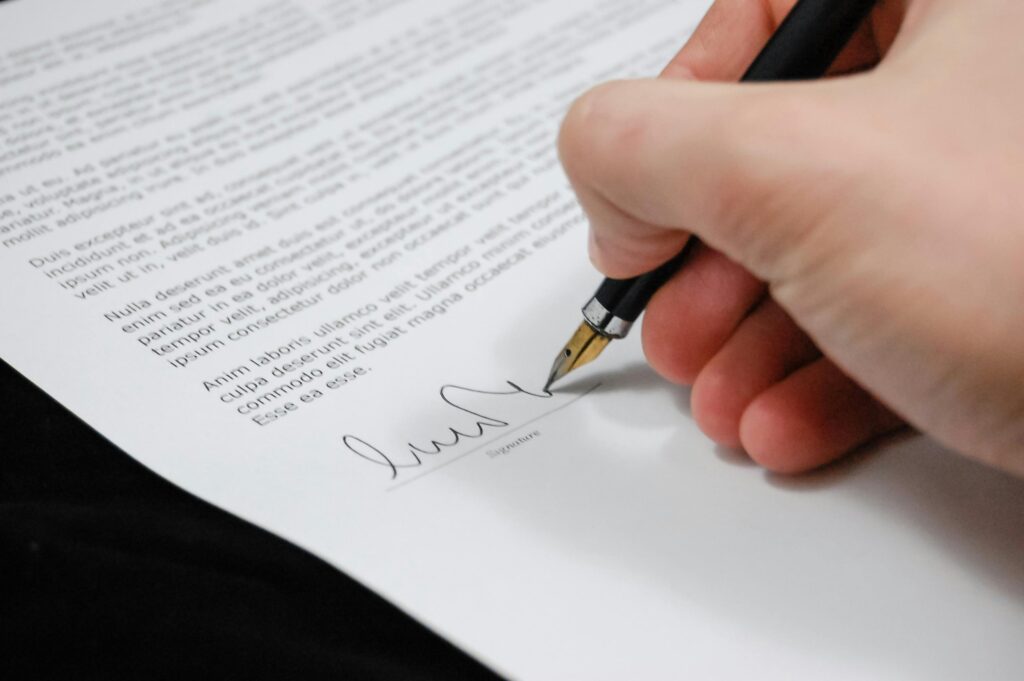
Melissa Negrin-Weiner on When, Why and How To Make Someone Your Power of Attorney
Melissa Negrin-Weiner’s insights were recently featured in a GoBankingRates article titled “When, Why, and How To Make Someone Your Power of Attorney”. To read the full article click here.
A Durable Power of Attorney Form Is Necessary Because You Just Never Know
“Car accidents, falls, strokes, aneurysms, dementia; these are just a few of the reasons why I stress the importance of having a Durable Power of Attorney in place,” said Melissa Negrin-Wiener, senior partner at Cona Elder Law. “Once there is a loss of mental capacity, regardless of the cause, it is too late to execute the documents.”
“We pay the mortgage, rent, and bills, we enter into contracts; we buy food, clothing and other necessities,” Negrin-Wiener said. “If one cannot handle their financial affairs, they cannot do any of these things.”
Sign a Durable Power of Attorney as Soon as You Turn 18
“Once someone turns 18, there is no one with the legal authority to handle their financial affairs if they are unable to,” Negrin-Wiener said. “The inability to handle one’s own finances could be due to incapacity because of an injury, illness, or accident and is not necessarily related to older age. Many people believe that a parent or a spouse can manage finances just by virtue of their relationship with the incapacitated individual. This is simply untrue. Therefore, once an individual turns 18, it is crucial that they execute a durable power of attorney naming an agent to act on their behalf.”
How To Create a Power of Attorney
“In New York, the Power of Attorney is a statutory form,” Negrin-Wiener said. “If the correct form is not used, it will likely be rejected by financial institutions. The document must be executed pursuant to New York State law, which for certain documents requires disinterested witnesses and a Notary Public. The most recent statutory Power of Attorney contains a modification section wherein the statutory powers can be fleshed out, and additional powers can be added.”
“Having a trusts and estates attorney involved in the drafting and execution of the Durable Power of Attorney will help ensure that it is done properly and that it will be accepted if and when the agent needs to use it,” Negrin-Wiener said.
What Happens If You Don’t Have a Power of Attorney?
“If a person has reached the point that they can no longer understand the Durable Power of Attorney and, therefore, cannot sign one, there will need to be a guardianship proceeding filed with the courts to have someone appointed as legal guardian to make all decisions on behalf of the incapacitated person,” Negrin-Wiener said. “Therefore, naming an agent on a Durable Power of Attorney not only gives someone the ability to handle your affairs, but it also allows you the liberty to choose who that person is instead of leaving it up to the courts.”
About the Author seotech
Related Posts
What You Should Know About Qualified Personal Residence Trusts
Online Will Programs: You Get What You Pay For
Attention Snowbirds: Will Your Out-of-State Will Be Valid?
Grandparents and Grandchildren: What Are Your Rights?
Grandparents Do Have Rights
The Real Cost of Probate

